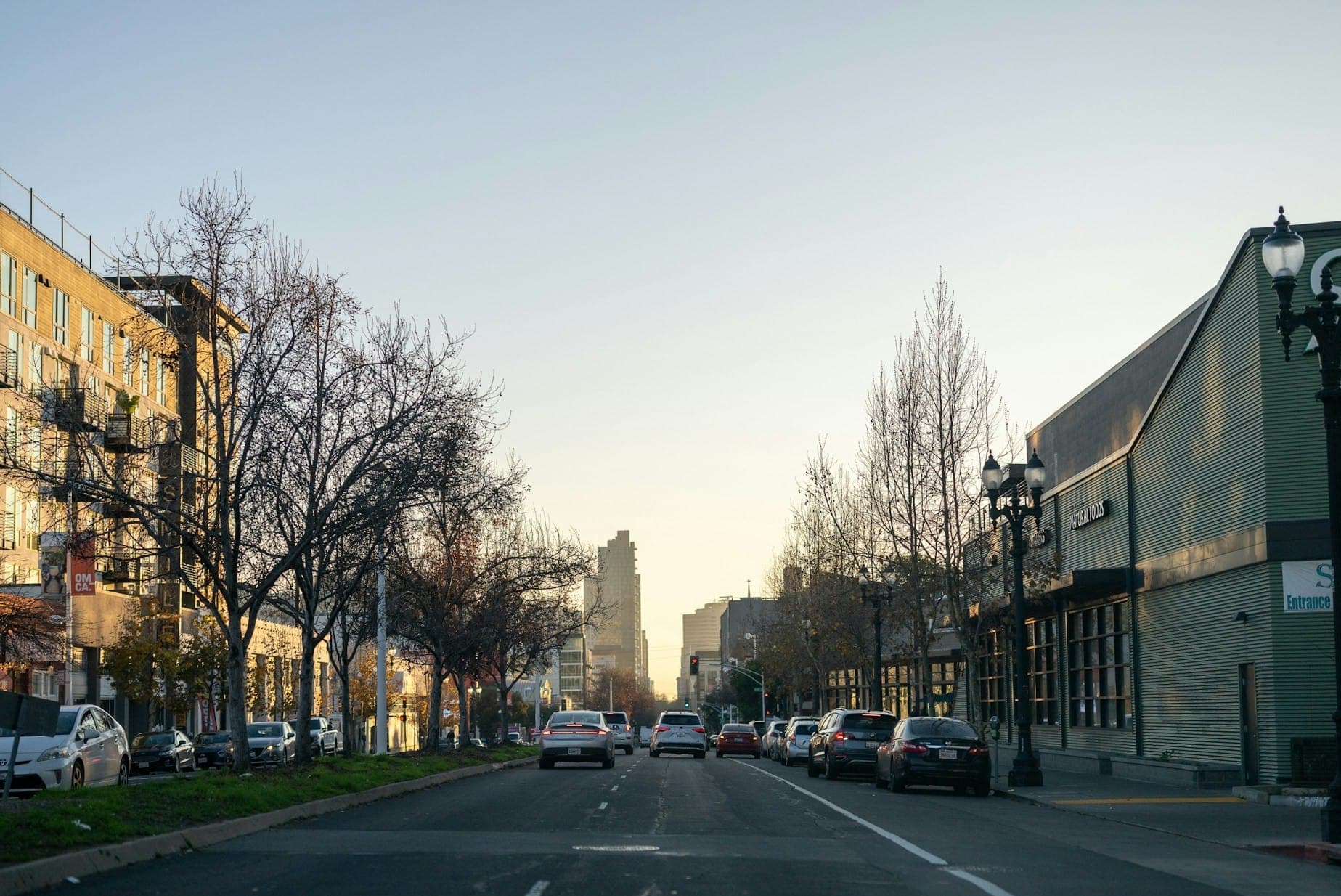Oakland Votes in Pivotal Mayoral Election with Ranked Choice Voting at the Center

OAKLAND, CALIF. - In a critical special election, Oakland voters are casting their ballots on April 15 to replace recalled Mayor Sheng Thao. The election will be decided using ranked choice voting (RCV) and determine who leads the city through 2027, as Oakland faces mounting challenges.
This marks the fifth mayoral election conducted with RCV since Oakland adopted the system in 2010 with 69% of the vote. The voting method is now a familiar part of civic life in the city, just as it has also become familiar for nationally recognized leaders to seek the mayoralty.
From former California Governor Jerry Brown to 13-term California US Rep. Ron Dellums, and now longtime U.S. Rep. Barbara Lee, Oakland voters have repeatedly turned to veteran public servants during pivotal moments in the city’s history.
Oakland is facing a $129 million budget deficit this year, and its new mayor will need to urgently deal with a projected $280 million shortfall over the next two years. Public safety also remains a top concern. Major retailers have pulled out of Oakland’s downtown, citing fears about crime and insufficient city response.
Oakland adopted RCV in 2006 through Measure O and first used it in the 2010 mayoral election. Oakland’s system allows voters to rank up to five candidates.
Oakland resident Sean Dugar was a very early supporter of ranked-choice voting in Oakland. “I was actually one of the endorsers of the ballot initiative that created ranked choice voting in Berkeley and Oakland,” Dugar noted.
Fifteen years later, Dugar went on to lead the public education campaign in New York City, where they used RCV for the first time in 2021. RCV may be the reason that embattled NYC Mayor Eric Adams dropped out of the democratic primary this month and will run as an independent in the general election instead.
Even though not all politicians support the use of RCV in Oakland, a 2022 post-election survey found that over 80% of Oakland voters said RCV was easy to understand and use.
“The first time we used ranked-choice voting in Oakland, 80% of voters said they found the ballot easy to understand and complete. The first time it was done in San Francisco, 85% of voters said they found the ballot easy to understand and complete…So this myth of it being confusing and people not understanding the process is just not true,” Dugar said.
In the final days before the special election, Lee released a video outlining her RCV strategy. She urged her supporters to rank her first, followed by Renia Webb, Suz Robinson, Elizabeth Swaney, and President Cristina Grappo. Lee praised these candidates as “incredible, values-driven” individuals who are “in it for the people, not the politics.
Lee’s message has been well received by RCV advocates, who say her approach reflects the spirit of RCV: coalition-building, voter empowerment, and a reduction in negative campaigning.
But today’s race may also mark something else familiar: the return of a nationally known political figure seeking to lead Oakland through a time of upheaval. Just as Jerry Brown and Ron Dellums brought decades of experience to the role, Lee is now hoping to do the same.
After losing the 1992 presidential primary, Jerry Brown moved to Oakland’s Jack London District and built a live-work compound with a radio studio and auditorium. From there, he launched a nationally syndicated political talk show called We the People and began calling out the failures of the “deeply corrupted” two-party system.
Brown formally left the Democratic Party in March 1998 and registered to vote as a nonpartisan.
He ran for mayor of Oakland as an independent candidate in May 1998. Brown won outright with 59% of the vote, despite a 10-candidate field and no RCV system. In November 1998, Brown supported Measure X, which voters approved 3-to-1 to convert Oakland’s “weak mayor” structure into a “strong mayor” system.
He later secured a charter amendment to make the reform permanent. Brown’s hallmark “10K Plan” sought to bring 10,000 new residents downtown, triggering over $1 billion in private development. He also launched two charter schools and implemented dozens of crime-reduction initiatives.
When elected mayor in 2006, Ron Dellums, Brown’s successor, brought 13 terms of congressional experience to the job. Dellums squeaked out his victory and avoided a run-off that year when he crossed the 50% mark by a razor-thin 155 votes.
Lee was first elected to the US House of Representatives in a special election in 1998 and she served until 2024. In an interview at the JFK Library, Lee described her first day in Congress:
“When I came to Congress in '98, in many ways I hit the ground running. I came in a special election. Ron (Dellums) was sitting there on the floor, so I had a chance to give a speech. They needed one vote to get off of the floor the campaign finance bill; and it was called a discharge petition, they needed one vote. So I was told by the chair of our California delegation, "You could do that, you know, and be that one vote to kick this bill over at that speech when you're sworn in." So after I gave my speech, after I was sworn in, I turned around and signed the discharge petition. So I was the 18th to let the campaign finance bill go off the floor. So that was kind of how I started off, with a bang.”
Polls close at 8:00 p.m. PT. The ranked-choice tabulation process begins if no candidate wins a majority of first-choice votes.
 Cara Brown McCormick
Cara Brown McCormick






